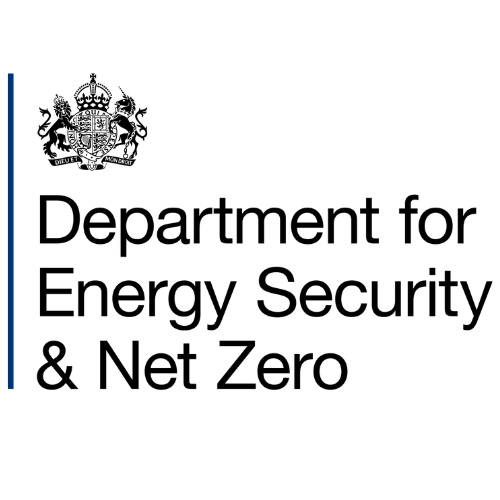How we Helped them?
Call for Evidence of Offsets
Our Approach and Methodology
1. Structured Thematic Coding
MCC developed a comprehensive coding framework to categorise over 50 responses from varied sectors, ensuring analytical consistency and uncovering common themes across data points.
2. Evidence Strength and Quality Assessment
Each submission was systematically reviewed for relevance, depth, and credibility. MCC applied a three-dimensional framework assessing evidence type, source robustness, and alignment with key policy questions.
3. Integration of Multi-Channel Data
Responses were consolidated from both CCC’s online portal and email submissions, ensuring no data was excluded. This created a single, centralised dataset - the foundation for a transparent and replicable analysis process.
4. Identification of Market Gaps
MCC’s analysis uncovered significant data and governance gaps - including a lack of price transparency, inconsistent credit registries, and limited visibility into project ownership and quality assurance.
These findings directly supported CCC’s recognition of the need for stronger market integrity and regulatory frameworks.
5. Comparative Market Insights: UK vs Global
The report contrasted the UK’s emerging voluntary carbon market with established international systems (e.g., Verra, Gold Standard, REDD+). It identified differences in standards, monitoring rigor, and land-use implications - particularly in peatland versus forestry-based offsets.
6. Policy-Aligned Reporting
MCC delivered structured summaries addressing 13 questions across topics such as:
- Market regulation and standardisation
- Harnessing private finance for climate goals
- Corporate transparency and offset credibility
- Integration with Article 6 of the Paris Agreement
Each summary provided balanced, evidence-based insights to support CCC’s policymaking and communication efforts.
7. Balanced View of Risks and Opportunities
MCC identified both market vulnerabilities, such as greenwashing, double counting, and weak monitoring and emerging opportunities, including private finance mobilisation, biodiversity enhancement, and scalable net-zero solutions.
Results Delivered
✅ Comprehensive stakeholder analysis across 56 respondents
✅ Transparent, replicable analytical framework for consultation evidence
✅ Identification of data gaps and policy-relevant insights
✅ Publication of findings in CCC’s official report
✅ Contribution to the UK’s evolving carbon offset governance approach
.png)









